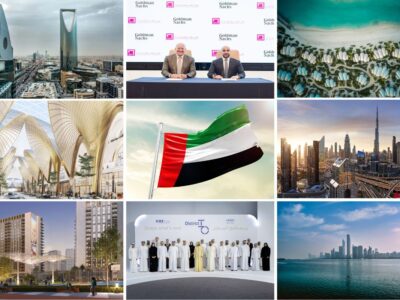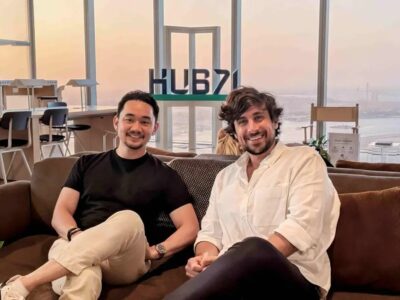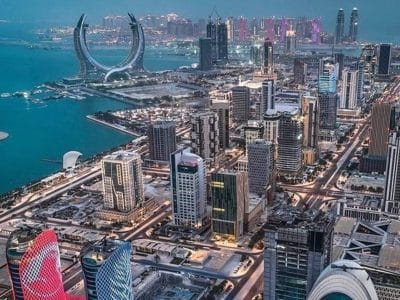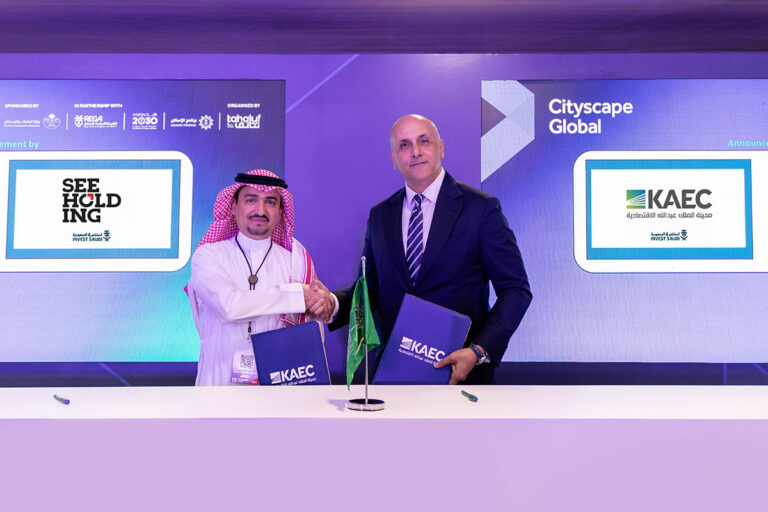SEE Holding, the sustainability-focused group behind The Sustainable City brand, has signed a memorandum of understanding (MoU) with King Abdullah Economic City (KAEC) to explore the development of sustainable, mixed-use communities within the city.
The agreement, signed by Dr Muawieh Radaideh, Group CEO of SEE Holding, and Abdulaziz Al Nowaiser, CEO of Emaar, The Economic City (EEC), the master developer of KAEC, took place during Cityscape Global in Riyadh.
The partnership marks a major step towards expanding sustainable urban living within one of Saudi Arabia’s flagship giga projects.
SEE Holding, KAEC partner on sustainable communities
Under the MoU, SEE Holding and KAEC will collaborate on introducing The Sustainable City model to the Red Sea hub. The proposed community will integrate residential, commercial, and community spaces, designed to reduce environmental impact while enhancing quality of life.
The development will include local food production, clean energy generation, advanced waste and water management, and smart mobility systems, all aimed at promoting self-sufficiency and sustainability.
Eng. Faris Saeed, Founder and Chairman of SEE Holding, said: “We believe that the successful replication and rapid growth of sustainable developments worldwide require strong partnerships and collaborations among like-minded stakeholders.
“Saudi Arabia represents one of the most dynamic markets for sustainable urban innovation. Our partnership with KAEC will contribute to a national transformation that advances quality of life, drives economic diversification, and accelerates progress toward Vision 2030.”
Abdulaziz Al Nowaiser, CEO of EEC, added: “This partnership marks the next step in KAEC’s journey to become a thriving, future-ready city. By working with SEE Holding, we are accelerating the development of sustainable communities that enhance quality of life, attract investment, and create new opportunities.”
SEE Holding has more than two decades of experience in sustainable development, with The Sustainable City model successfully implemented in Dubai, Sharjah, Abu Dhabi, and Muscat (Yiti).
Recognised globally as a benchmark for low-carbon, future-ready communities, the model promotes clean energy, urban farming, waste recycling, and sustainable mobility, supporting national and global climate goals including the Paris Agreement targets for 2050.





